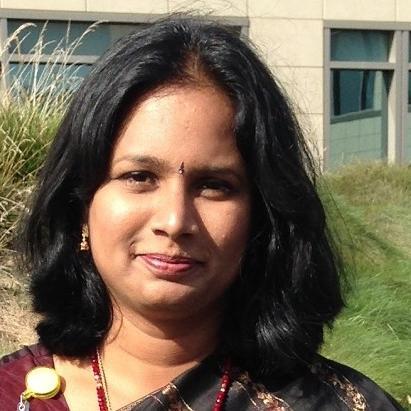The world is moving at a rapid rate that there is a high demand for people who can “Multitask”.
In everyday usage of both professional and personal life, job descriptions, it is a norm to have it in there. Being a working mother, this is a key part of my everyday life. The tasks are endless, and of course I have a system(s) to track the mile long list of things to-do.
How do some people seem to “Multitask” so effortlessly than others?
Before getting into how people manage multitasking, the question is how do the modern day machines manage multitasking?
Assuming only one CPU is involved, a computer’s ability to multitask means that it switches from one program to another so quickly that it ** gives the appearance of executing** all of the programs at the same time.
The key here is the “appearance of execution at the same time”. Thus the computer is only focusing on one task at a time, but it is able to switch effectively between tasks quickly. A computer can do this very effectively, as there are no emotions involved.
Of course, multi core machines can attain true multitasking due to the availability of multiple CPUs.
We humans have one CPU, a complex one that is.
Is the ability to multitask is our key to multitask? Or the ability to focus in such a way that for that moment, every other task remains in the dormant persisted state in our minds, and does not affect our focus on the THAT SINGLE TASK at hand the key?
An ancient Indian story from Mahabharatha comes to my mind when I think about focus.
Dronacharya was a great Guru in teaching weaponry and battle strategies. One day he was teaching his disciples how to shoot the weapon, the bow and the arrow.
He called upon Yudhistira, the eldest of the Panda brothers. He said, “Son, there is a bird in the tree, I would like you to point your arrow at it, and tell me, what do you see? “
Yudhistira wanting to be thorough and impressive, began to list everything that met his eyes.
“I see the bird, the branch, the tree. I can also see the leaves moving. I can even see glimpses of the sky through the leaves as they are moving”, Yudhistira said.
Drona spoke again, “Put down your bow and take a seat Yudhistira, you will not hit the eye of the bird.”
Confused, Yudhistira walked back to his brothers. The next boy was called, and asked the same question. He gave a similar answer, naming all that he could see. The same pattern continued until Drona finally called on Arjuna, his favorite disciple.
Drona said, “Arjuna, tell me what you can see”.
Arjuna replied, “I can see only the eye of the bird”.
Drona probed again, “What else can you see?”
Arjuna replied, “No Sir, All I can see is the eye of the bird and nothing else”, and he took a successful shot at the bird.
That story is a reminder to how important “focus” is.
The ability to multitask is actually not to multitask at all. It is the ability to: 1. Absolutely Focus on a single task. 2. Offload the other tasks effectively into a system so that the mind is free to focus. 3. Switch between tasks at a rate at which it looks to the external world that there are multiple tasks getting handled at the same time. Just one small complication in the above theory:
Unlike computers, we are beings with emotions.
Emotions play a key role in our brain function and focus. It is like a virus unleashed at the host’s will and creating unintended consequences in the smooth flow of our logical functions. So, the ability to give “the appearance” of multitasking depends on one’s ability to retain that calmness.
Getting back to my original question on “How do some people “Multitask” so effortlessly”? It seems to based on one key ability.
The ability to stay calm in the storm!
So, are you a multitasker?
